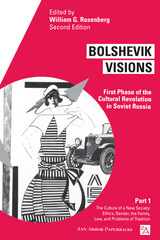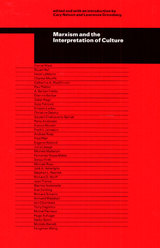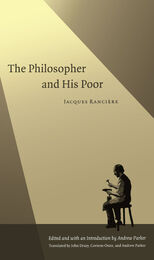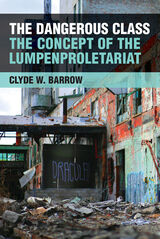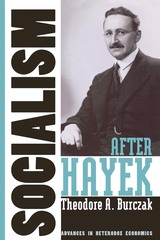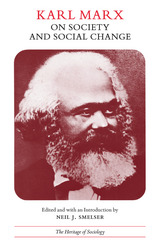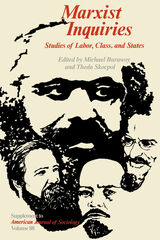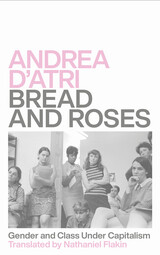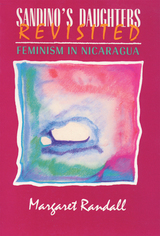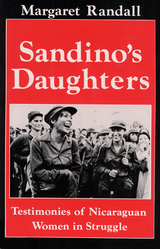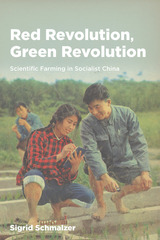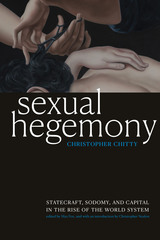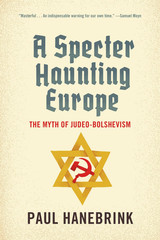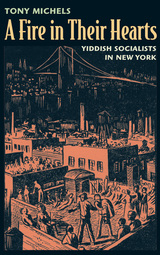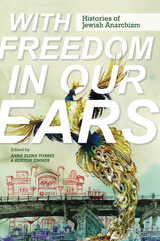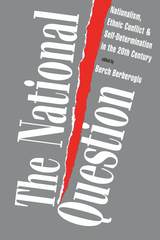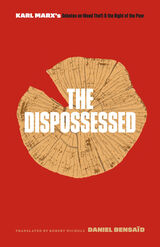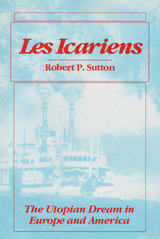A collection of varied and amazing lives, all bent on shaping history. Together, these experienced, undeterred Nicaraguan women offer powerful clues about a truly revolutionary and democratizing feminism.
— Adrienne Rich
If it were not for writers like Margaret, how would women around the world find each other when there is such an institutional effort to keep us apart and silent? Here Margaret brings us the voice of Sandino's daughters, honoring his hat and wearing their own, wiser now, having been part of political and personal revolution.
— Holly Near
"A completely new and different book from her earlier Sandino's Daughters. The core is a dozen lengthy interviews with feminist women (all but one), hence not randomly drawn from Nicaraguan society. Randall opens the volume with a useful, wide-ranging interpretative survey of history, politics, and the social situation of women. One observation that sticks: women who most resembled men in their conduct rose highest under Sandinista rule."
— Handbook of Latin American Studies
Since the defeat of the Sandinistas at the Nicaraguan polls in 1990, which surprised winners and losers alike as well as their supporters and most observers, much ink has been spilled in attempts to determine the causes. And while Nicaragua has faded from the front pages of U.S. newspapers, some are still interested in what road Nicaragua would then follow. Sandino's Daughters Revisited, Margaret Randall's collection of twelve oral histories with women involved in the Sandinista revolution, adds insights into these and other questions. This book is useful for the specialist and non-specialist alike and has much to offer the historian, the teacher, the student, and anyone interested in learning more about the Sandinista Party and the women of Nicaragua.
With Sandino's Daughters Revisited: Feminism in Nicaragua Margaret Randall adds both to her oral history work with women in the Sandinista revolution and to a thesis elaborated in Gathering Rage: The Failure of 20th Century Revolutions to Develop a Feminist Agenda (Monthly Review Press, 1992). This thesis was that the failure to develop a feminist agenda contributed to the failure of revolutionary movements in Latin America in the 20th century, in this case particularly to the Sandinistas' loss of power in the elections of 1990.
— Dennis Kortheuer (University of California, Irvine ), History Net, H-LatAm
If it were not for writers like Margaret, how would women around the world find each other when there is such an institutional effort to keep us apart and silent? Here Margaret brings us the voice of Sandino's daughters, honoring his hat and wearing their own, wiser now, having been part of political and personal revolution.
— Holly Near
"A completely new and different book from her earlier Sandino's Daughters. The core is a dozen lengthy interviews with feminist women (all but one), hence not randomly drawn from Nicaraguan society. Randall opens the volume with a useful, wide-ranging interpretative survey of history, politics, and the social situation of women. One observation that sticks: women who most resembled men in their conduct rose highest under Sandinista rule."
— Handbook of Latin American Studies
Since the defeat of the Sandinistas at the Nicaraguan polls in 1990, which surprised winners and losers alike as well as their supporters and most observers, much ink has been spilled in attempts to determine the causes. And while Nicaragua has faded from the front pages of U.S. newspapers, some are still interested in what road Nicaragua would then follow. Sandino's Daughters Revisited, Margaret Randall's collection of twelve oral histories with women involved in the Sandinista revolution, adds insights into these and other questions. This book is useful for the specialist and non-specialist alike and has much to offer the historian, the teacher, the student, and anyone interested in learning more about the Sandinista Party and the women of Nicaragua.
With Sandino's Daughters Revisited: Feminism in Nicaragua Margaret Randall adds both to her oral history work with women in the Sandinista revolution and to a thesis elaborated in Gathering Rage: The Failure of 20th Century Revolutions to Develop a Feminist Agenda (Monthly Review Press, 1992). This thesis was that the failure to develop a feminist agenda contributed to the failure of revolutionary movements in Latin America in the 20th century, in this case particularly to the Sandinistas' loss of power in the elections of 1990.
— Dennis Kortheuer (University of California, Irvine ), History Net, H-LatAm
A collection of varied and amazing lives, all bent on shaping history. Together, these experienced, undeterred Nicaraguan women offer powerful clues about a truly revolutionary and democratizing feminism.
— Adrienne Rich


